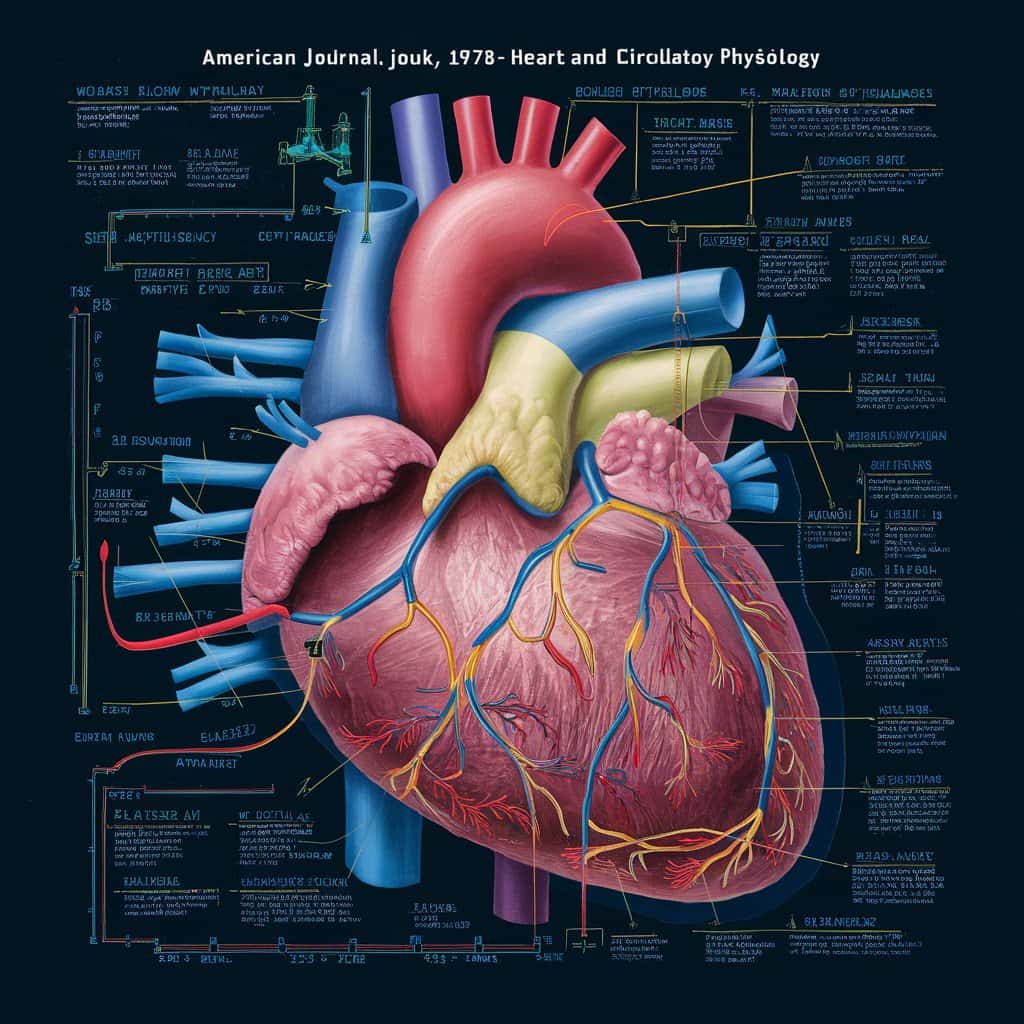The groundbreaking study referenced by DOI 10.1152/ajpheart.1978.234.4.h432, a pivotal piece of research that has significantly impacted my understanding of cardiovascular health. This 1978 publication from The American Journal of Physiology: Heart and Circulatory Physiology provided invaluable insights that shaped my personal journey in heart health management.
The study identified by DOI 10.1152/ajpheart.1978.234.4.h432, published in The American Journal of Physiology: Heart and Circulatory Physiology, offers critical insights into cardiovascular function. This 1978 research has been influential in advancing our understanding of heart health.
We’ll explore the key findings of this 1978 research, its significance in the field of cardiovascular physiology, and its lasting impact on both scientific understanding and practical applications in heart health.
Understanding Academic Research Identifiers:
What Is A Doi?
A DOI, or Digital Object Identifier, is a unique alphanumeric string assigned to a digital object, such as a journal article. It ensures that even if the location of the document changes, the DOI remains a constant link to the resource. The format, such as “10.1152/ajpheart.1978.234.4.h432,” helps us trace the research back to its source reliably.
Decoding The Journal And Issue
In our case, the DOI corresponds to The American Journal of Physiology: Heart and Circulatory Physiology. This prestigious journal publishes research focusing on cardiovascular physiology, including studies on heart function, circulatory dynamics, and related topics. The number sequence reveals that the research was published in Volume 234, Issue 4, in 1978.
Significance Of Cardiovascular Research:
The Importance Of Cardiovascular Studies
Cardiovascular research is pivotal in understanding how the heart and circulatory system operate under various conditions. Studies in this field can uncover new insights into heart diseases, potential treatments, and the physiological mechanisms underpinning circulatory health.
Historical Context
Research from the 1970s, such as the one referenced by our DOI, contributes to our historical understanding of cardiovascular science. During this period, there were significant advancements in techniques and theories related to heart function and blood circulation.
What Might This Study Contain?
Methodologies In Cardiovascular Research
While we don’t have the specifics of the study, research in this field often involves various methodologies, including:
- Clinical Trials: Testing new treatments or interventions in patient populations.
- Laboratory Experiments: Analyzing physiological processes in controlled settings.
- Computational Models: Using simulations to understand complex cardiovascular dynamics.
Potential Findings
Given the journal’s focus, this study might address topics such as:
- Cardiac Function: How the heart’s performance can be measured and improved.
- Blood Flow Dynamics: Understanding how blood moves through the circulatory system and how this can be optimized.
- Disease Mechanisms: Investigating the underlying causes of cardiovascular diseases.
The Broader Impact Of Cardiovascular Research:
Advancing Medical Knowledge
Studies like the one identified by the DOI contribute to the broader body of knowledge in cardiovascular physiology. They help shape clinical practices, influence public health recommendations, and drive future research directions.
Clinical Applications
Findings from cardiovascular research can lead to the development of new medical treatments, improved diagnostic tools, and better management strategies for cardiovascular diseases.
Patient Outcomes
Ultimately, the goal of cardiovascular research is to enhance patient outcomes. By understanding the intricacies of heart and circulatory health, researchers aim to improve the quality of life and longevity for individuals suffering from cardiovascular conditions.
How To Access And Utilize Academic Research?
Finding The Full Text
To access the full text of studies like the one identified by our DOI, you can:
- Visit Academic Databases: Platforms like PubMed, Google Scholar, or university libraries.
- Check Institutional Access: Many academic institutions provide access to journals and articles.
- Contact Authors: Sometimes, contacting the authors directly can provide access to their research.
Interpreting Research Findings
When reviewing academic research, consider:
- Study Design: How the study was conducted and whether it was well-designed.
- Results and Conclusions: What the researchers found and how it applies to broader contexts.
- Relevance: How the study fits into existing knowledge and its implications for practice or further research.
Closing Remarks
Research identified by DOIs like 10.1152/ajpheart.1978.234.4.h432 represents a crucial part of the scientific journey. While we explored the potential scope and impact of such studies, the true value lies in the specific findings and their contributions to the field.
Engaging with academic research not only broadens our understanding but also drives advancements that benefit society as a whole.
FAQs:
What Is A Doi And Why Is It Important?
A DOI (Digital Object Identifier) is a unique alphanumeric string used to identify digital documents. It provides a permanent link to the document, ensuring reliable access even to the docu2. ment’s location changes.
How Can I Access The Full Text Of A Study With A Doi?
You can access the full text through academic databases, institutional subscriptions, or by contacting the authors directly. Platforms like PubMed and Google Scholar can also be useful.
What types of research are typically published in The American Journal of Physiology: Heart and Circulatory Physiology?
This journal publishes research on cardiovascular physiology, including studies on heart function, circulatory dynamics, and related topics.
Why Is Cardiovascular Research Important?
Cardiovascular research is crucial for understanding heart and circulatory system function, developing new treatments, and improving patient outcomes in cardiovascular diseases.
How Has Cardiovascular Research Evolved Since The 1970s?
Since the 1970s, cardiovascular research has advanced with new technologies, improved methodologies, and a better understanding of cardiovascular diseases and treatments.
What Are Some Common Methodologies Used In Cardiovascular Research?
Common methodologies include clinical trials, laboratory experiments, and computational models to analyze cardiovascular dynamics and disease mechanisms.
How Can I Interpret The Findings Of A Scientific Study?
Consider the study design, results, and conclusions, and evaluate how they fit into existing knowledge and their implications for practice or further research.
Can I Access Academic Research If I Am Not Affiliated With A University?
Yes, you can often access research through public databases, libraries, or by contacting the authors. Some journals also provide open-access articles.
What Should I Look For When Evaluating The Quality Of A Research Study?
Assess the study’s design, sample size, methodology, and whether it was peer-reviewed. Reliable studies are usually well-designed and provide clear, reproducible results.
How Does Cardiovascular Research Impact Public Health?
Cardiovascular research leads to better understanding, prevention, and treatment of cardiovascular diseases, which can improve overall public health and reduce healthcare costs.



